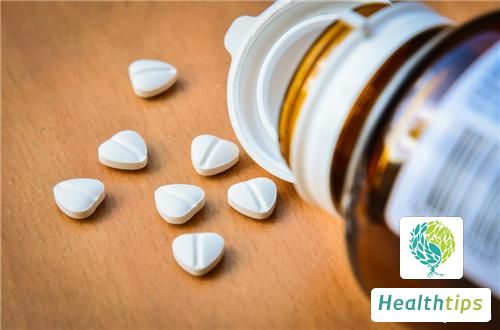Can Females Consume Ice Cream During Menstruation?
When women are menstruating, their bodies are generally weaker, and their resistance and immunity are also relatively low. During this special period, women should pay attention to taking care of their bodies, avoid eating cold and chilled foods, such as ice cream, strong tea, coffee, etc. Instead, they should eat more nutritious foods, such as protein-rich foods, and get enough rest to avoid excessive fatigue.

From the perspective of traditional Chinese medicine, it is opposed to women eating ice during menstruation, while Western medicine believes that there are no taboos. Menstrual blood is the shedding of the endometrium, which is expelled by the contraction of the uterus. If frozen foods are eaten, the temperature of the stomach and intestines will also decrease, which will weaken the contraction of the uterus. Consequently, it will be difficult to expel menstrual blood, leading to the formation of blood clots. To expel these blood clots, the uterus needs to increase the strength of its contractions, which may cause menstrual pain.
First, foods like ice cream and cold drinks have very low temperatures and often contain many chemical additives to improve their taste. Eating them during menstruation can not only cause stomachaches but also delay menstruation and make it more unstable. It is recommended to wait until after menstruation to eat these foods.
Second, tea and coffee, both rich in caffeine, can easily stimulate the nervous system and cardiovascular system, leading to menstrual pain, prolonged menstruation, and excessive menstrual blood.
Third, seafood should also be avoided during menstruation. Cold foods can slow down blood circulation, affecting the contraction of the uterus and the normal expulsion of menstrual blood, which can lead to menstrual pain. Seafood is considered a cold food and can easily trigger menstrual pain.
In addition, marine products such as crabs, lobsters, and sea cucumbers are also classified as cold foods. During menstruation, women's bodies tend to have increased coldness. Eating these cold foods can easily lead to menstrual pain. Therefore, it is advisable to refrain from eating these foods to avoid aggravating menstrual discomfort.
Drinking a cup of hot ginger and brown sugar water can help dispel coldness and alleviate menstrual pain.



















